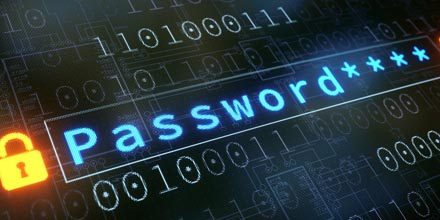Cyber risks for all organizations are growing at a rapid clip. Not a day goes by that we don’t read about another breach of sensitive data or a company paying out a hefty sum to ransomware criminals to unlock the systems they took over.
Your company data is valuable and so are your databases and files. Your company’s computer systems may also be vital to your operations. But all of that can be destroyed if just one of your employees’ passwords is hacked by an outsider who gains entry into your database.
In fact, one of the softest areas for hackers to crack, the weak underbelly of your in-house network, is easy-to-decipher passwords.
While more complex passwords, with a mixture of upper- and lower-case letters as well as numbers and symbols, may also be hacked, the chances are far greater with simple passwords.
Safetydetective.com, an antivirus website, looked at more than 9 million stolen passwords in the U.S., resulting in this list of the most commonly hacked passwords:
- password
- 123456
- 123456789
- 12345678
- 1234567
- password1
- 12345
- 1234567890
- 1234
- qwerty123
- qwertyuiop
- 1q2w3e4r
- 1qaz2wsx
- superman
- iloveyou
- qwerty1
- qwerty
- 123456a
- letmein
- football
The next step
Safetydetective.com recommends that you require all of your staff to set passwords that are at least eight characters long.
Also, passwords should not be common words or pop culture names or sayings, and should contain at least one capital letter and one digit. To make passwords even stronger, they should contain at least one punctuation mark or other special character. For example: uSo38&_Xv3!0@
Require your staff to change their passwords every 90 days.


